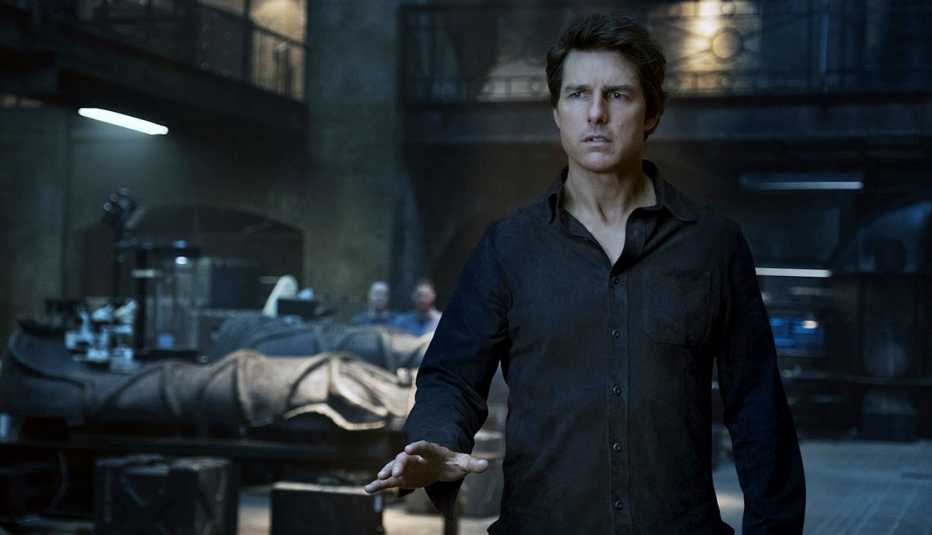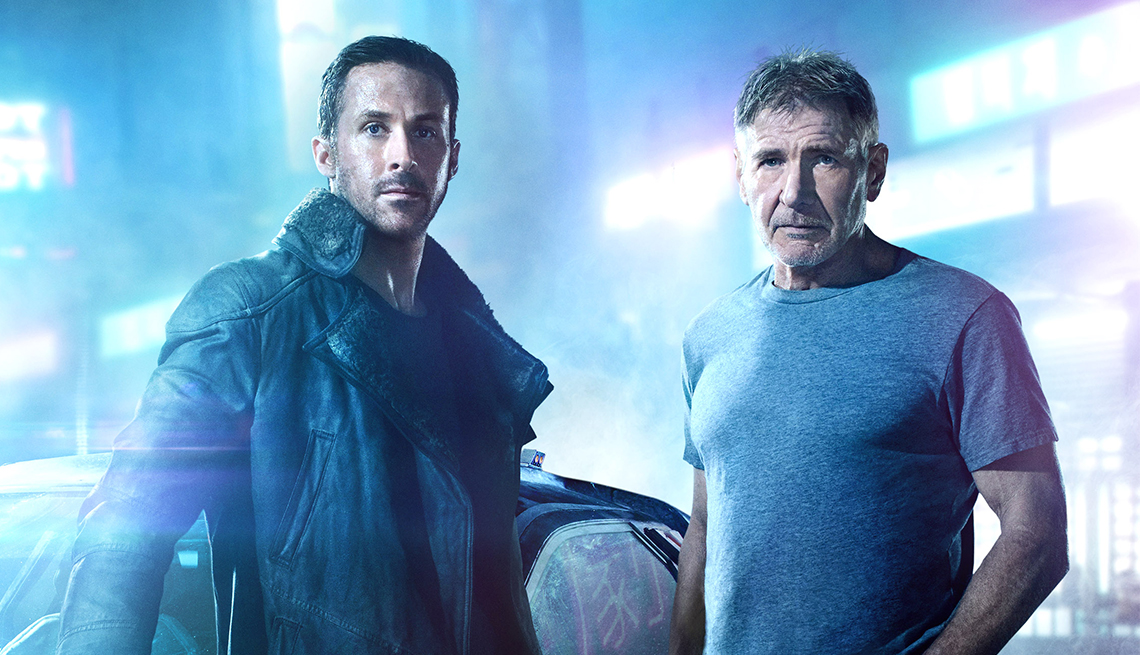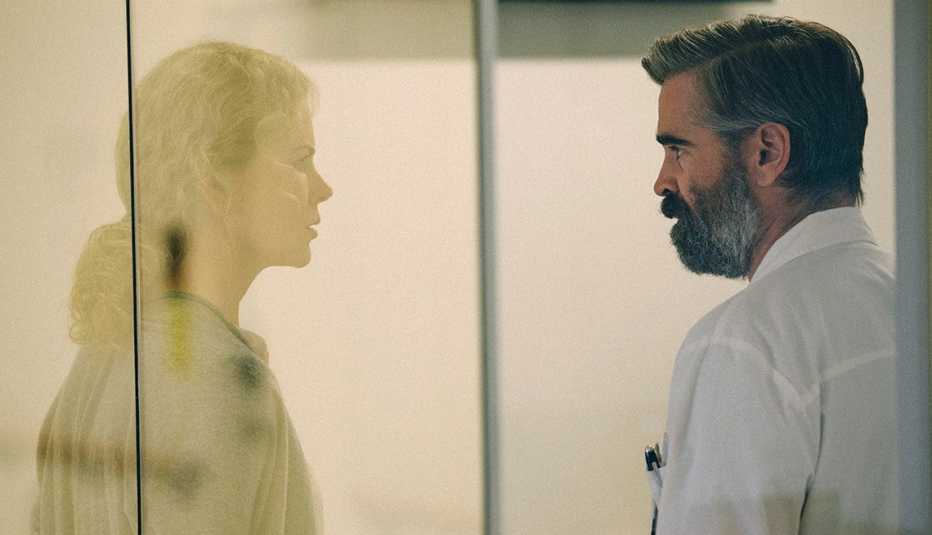Staying Fit
What's hot at the box office these days? Tyler Perry's cross-dressing comedy Boo 2! A Madea Halloween, which should gross about $50 million and puts him on track to become a $1 billion auteur within a year. What else is popular? Pretty much nothing. Moviemakers are licking their wounds after the worst summer box-office season in 25 years, yearning for the great Oscar contenders coming up soon and analyzing what went wrong. Here are the most significant flops of 2017 so far — and the lessons they offer.


AARP Membership— $12 for your first year when you sign up for Automatic Renewal
Get instant access to members-only products and hundreds of discounts, a free second membership, and a subscription to AARP the Magazine.
Blade Runner 2049
It's better than the revered original, Rotten Tomatoes' top critics say, and the top professional Oscar predictors rank it the No. 1 front-runner for the cinematography Oscar. If grownup male viewers were all that mattered, it could be a hit. But the reboot of the Harrison Ford sci-fi film noir, which opened Oct. 6, relied too much on grownup viewers (it attracted viewers who skewed 71 percent male, 63 percent of whom were over 35.) It just cost too much for that narrow audience.
The lesson: Don't make $155 million niche pictures almost three hours long and keep the plot top secret in your ads, demanding that viewers remember a quarter-century-old movie that wasn't a hit in the first place.
Worth seeing anyway? Yes, for 13-time Oscar nominee Roger Deakins' awesome cinematography.
The Mummy
Not even Tom Cruise's heroism could save this so-so summer monster movie from a stunning 7 percent rating (out of a possible 100) from top critics. Even though it was Cruise's biggest global opening ever at $169 million, it cost an estimated $345 million (including marketing).
The lesson: Universal Studios is uniting its old monster franchises into a "universe" with a common story, so each film can advertise the others. (Coming up: Johnny Depp's Invisible Man and Javier Bardem's Frankenstein.) The Mummy proves it is harder to retrofit old stories into one universe when the originals weren't devised to be part of one overall story, as Marvel tales are. It also proves Tom Cruise's appeal isn't gone: Snubbed in America with $80 million sales, The Mummy made $409 million worldwide.
Worth seeing anyway? Almost.


King Arthur: Legend of the Sword
It seemed like a terrific idea to dump an estimated $275 million into what was envisioned as the first of six Games of Thrones-like films (another stab at a Marvel-ish "universe" of films), since director Guy Ritchie had made wonderful indie crime movies and two Sherlock Holmes hits that have grossed over half a billion dollars. But it was a bad idea.
The lesson: Don't film bad scripts that aren't done. Respect writing, as movie studios tend not to. Don't expect poor Charlie Hunnam, star of FX's Sons of Anarchy, to open a blockbuster at this point in his career.
Worth seeing anyway? No. But at least now we don't have to watch six of them.
CHIPS
Dumber than Dumb and Dumber, which was actually smart, this stillborn reboot of the 1970s California Highway Patrol show starring Erik Estrada (now a real Idaho cop) was a real blow to writer-director-star Dax Shepard, who was good 11 years ago in Idiocracy, and costar Michael Pena.
The lesson: Make sure a comedy has more than one laugh per hour.
Worth seeing anyway? No.





































































